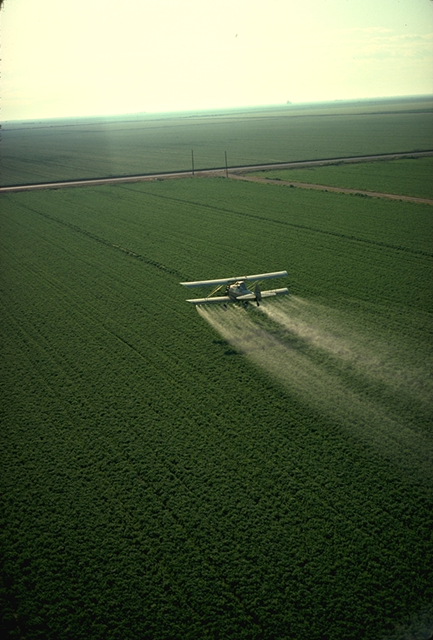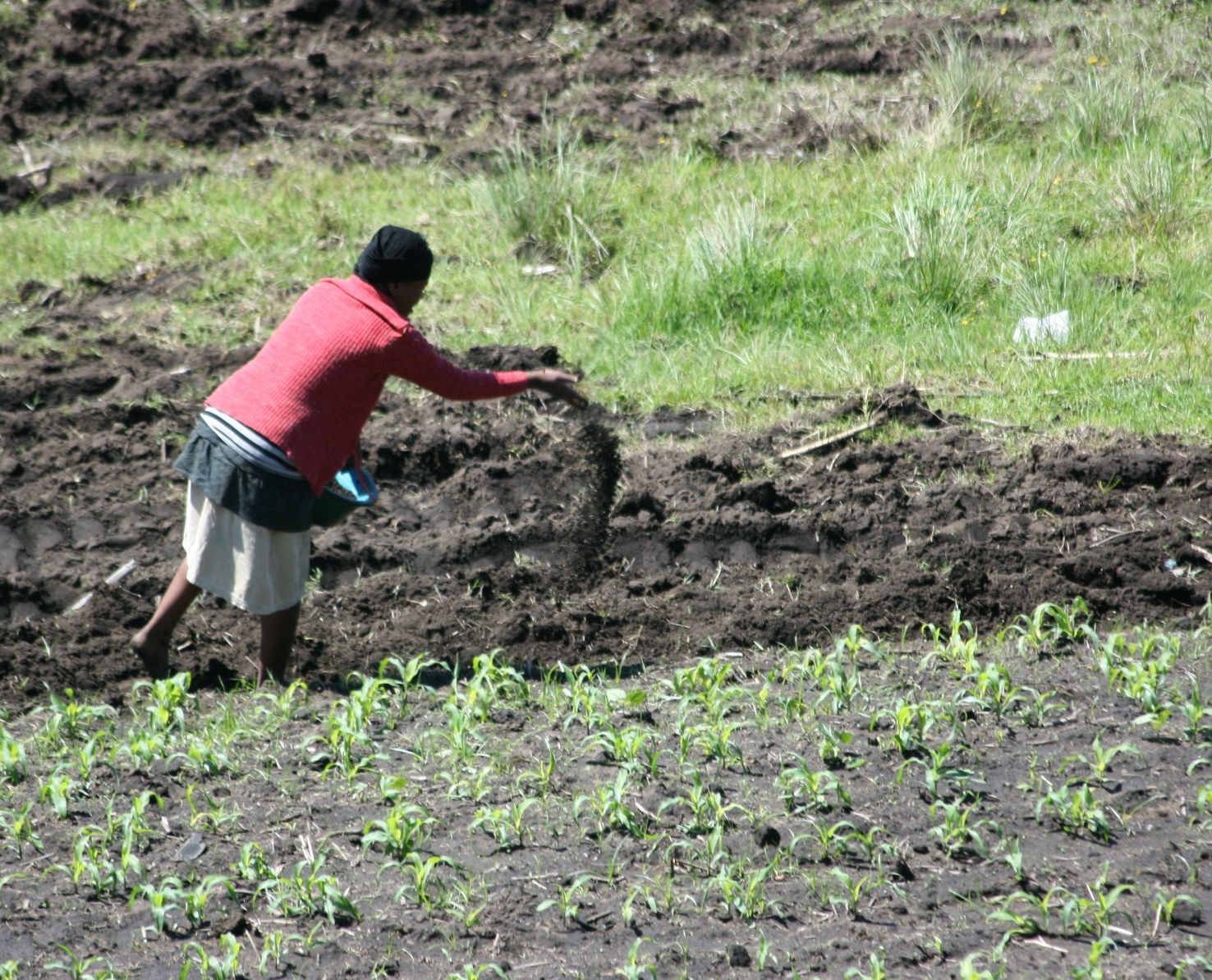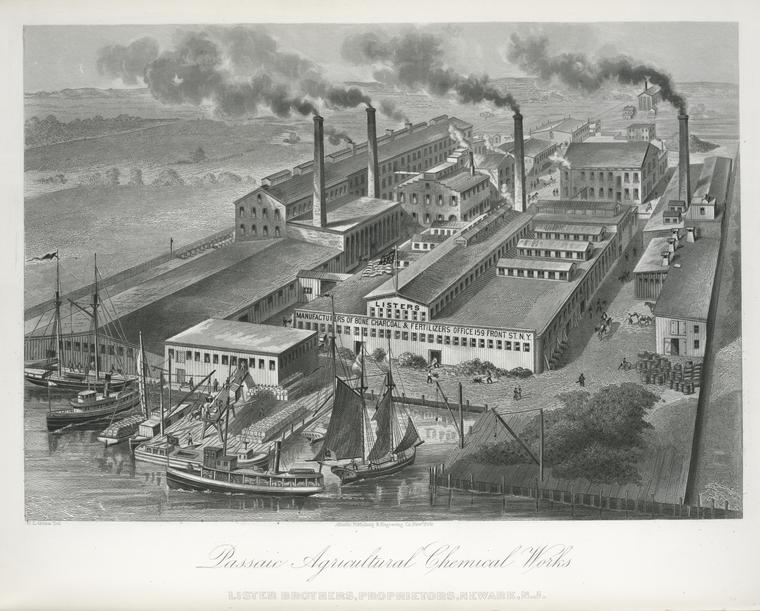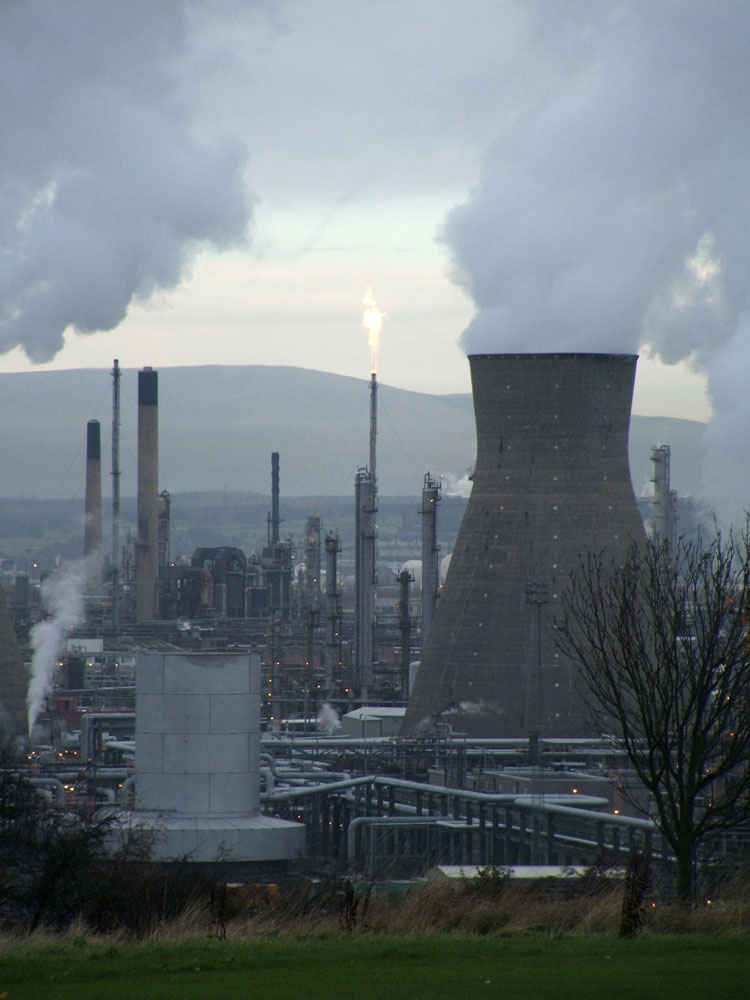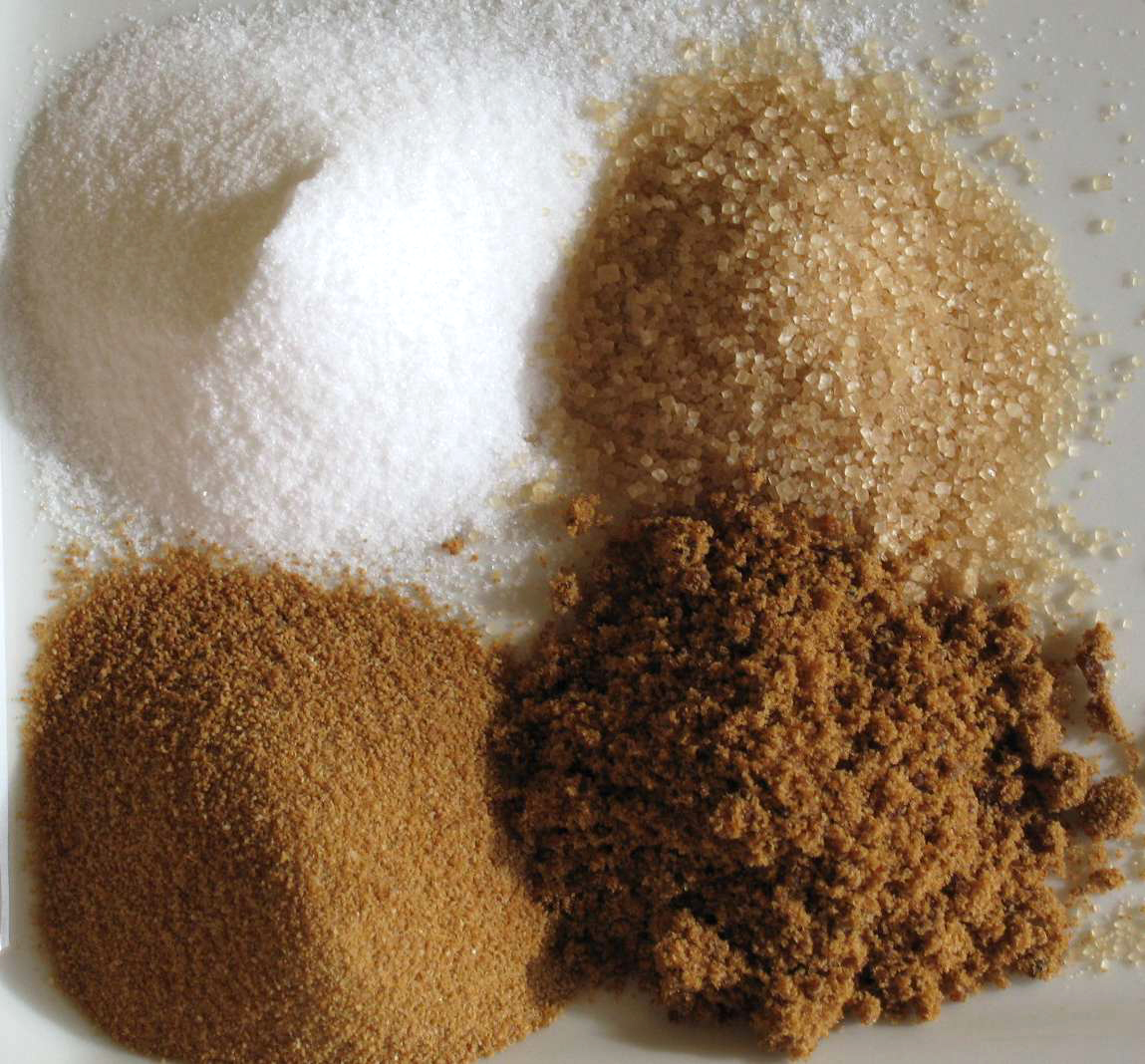|
Organopónicos
''Organopónicos'' or organoponics is a system of urban agriculture using organic gardens. It originated in Cuba and is still mostly focused there. It often consists of low-level concrete walls filled with organic matter and soil, with lines of drip irrigation laid on the surface of the growing media. ''Organopónicos'' is a labour-intensive form of local agriculture. ''Organopónico'' farmers employ a wide variety of agroecological techniques including integrated pest management, polyculture, and crop rotation. Most organic materials are also produced within the gardens through composting. This allows production to take place with few petroleum-based inputs. ''Organopónicos'' first arose as a community response to lack of food security during the Special Period after the collapse of the Soviet Union. It is publicly functioning in terms of ownership, access, and management, but heavily subsidized and supported by the Cuban government. Background During the Cold War, the Cu ... [...More Info...] [...Related Items...] OR: [Wikipedia] [Google] [Baidu] |
Special Period
The Special Period ( es, Período especial, link=no), officially the Special Period in the Time of Peace (), was an extended period of economic crisis in Cuba that began in 1991 primarily due to the dissolution of the Soviet Union and, by extension, the Comecon. The economic depression of the Special Period was at its most severe in the early to mid-1990s, before slightly declining in severity towards the end of the decade once Hugo Chávez's Venezuela emerged as Cuba's primary trading partner and diplomatic ally, and especially after the year 2000 once Cuba–Russia relations improved under the presidency of Vladimir Putin. It was defined primarily by extreme reductions of rationed foods at state-subsidized prices, the severe shortages of hydrocarbon energy resources in the form of gasoline, diesel, and other petroleum derivatives that occurred upon the implosion of economic agreements between the petroleum-rich Soviet Union and Cuba, and the shrinking of an economy overdepen ... [...More Info...] [...Related Items...] OR: [Wikipedia] [Google] [Baidu] |
Urban Agriculture
Urban agriculture, urban farming, or urban gardening is the practice of cultivating, processing, and distributing food in or around urban areas. It encompasses a complex and diverse mix of food production activities, including fisheries and forestry, in cities in both developed and developing countries. The term also applies to urban area activities of animal husbandry, aquaculture, beekeeping, and horticulture. These activities occur in peri-urban areas as well, although peri-urban agriculture may have different characteristics. Urban agriculture can reflect varying levels of economic and social development. It may be a social movement for sustainable communities, where organic growers, "foodies", and "locavores" form social networks founded on a shared ethos of nature and community holism. These networks can evolve when receiving formal institutional support, becoming integrated into local town planning as a "transition town" movement for sustainable urban development. ... [...More Info...] [...Related Items...] OR: [Wikipedia] [Google] [Baidu] |
Dissolution Of The Soviet Union
The dissolution of the Soviet Union, also negatively connoted as rus, Разва́л Сове́тского Сою́за, r=Razvál Sovétskogo Soyúza, ''Ruining of the Soviet Union''. was the process of internal disintegration within the Soviet Union (USSR) which resulted in the end of the country's and its federal government's existence as a sovereign state, thereby resulting in its constituent republics gaining full sovereignty on 26 December 1991. It brought an end to General Secretary Mikhail Gorbachev's (later also President) effort to reform the Soviet political and economic system in an attempt to stop a period of political stalemate and economic backslide. The Soviet Union had experienced internal stagnation and ethnic separatism. Although highly centralized until its final years, the country was made up of fifteen top-level republics that served as homelands for different ethnicities. By late 1991, amid a catastrophic political crisis, with several republics alre ... [...More Info...] [...Related Items...] OR: [Wikipedia] [Google] [Baidu] |
Collective Farming
Collective farming and communal farming are various types of, "agricultural production in which multiple farmers run their holdings as a joint enterprise". There are two broad types of communal farms: agricultural cooperatives, in which member-owners jointly engage in farming activities as a collective, and state farms, which are owned and directly run by a centralized government. The process by which farmland is aggregated is called collectivization. In some countries (including the Soviet Union, the Eastern Bloc countries, China and Vietnam), there have been both state-run and cooperative-run variants. For example, the Soviet Union had both kolkhozy (cooperative-run farms) and sovkhozy (state-run farms). Pre-20th century history A small group of farming or herding families living together on a jointly managed piece of land is one of the most common living arrangements in all of human history, having co-existed and competed with more individualistic forms of ownership (as w ... [...More Info...] [...Related Items...] OR: [Wikipedia] [Google] [Baidu] |
Pesticide
Pesticides are substances that are meant to control pests. This includes herbicide, insecticide, nematicide, molluscicide, piscicide, avicide, rodenticide, bactericide, insect repellent, animal repellent, microbicide, fungicide, and lampricide. The most common of these are herbicides which account for approximately 80% of all pesticide use. Most pesticides are intended to serve as plant protection products (also known as crop protection products), which in general, protect plants from weeds, fungi, or insects. As an example, the fungus ''Alternaria solani'' is used to combat the aquatic weed ''Salvinia''. In general, a pesticide is a chemical (such as carbamate) or biological agent (such as a virus, bacterium, or fungus) that deters, incapacitates, kills, or otherwise discourages pests. Target pests can include insects, plant pathogens, weeds, molluscs, birds, mammals, fish, nematodes (roundworms), and microbes that destroy property, cause nuisance, or spread disease, or a ... [...More Info...] [...Related Items...] OR: [Wikipedia] [Google] [Baidu] |
Fertilizer
A fertilizer (American English) or fertiliser (British English; see spelling differences) is any material of natural or synthetic origin that is applied to soil or to plant tissues to supply plant nutrients. Fertilizers may be distinct from liming materials or other non-nutrient soil amendments. Many sources of fertilizer exist, both natural and industrially produced. For most modern agricultural practices, fertilization focuses on three main macro nutrients: nitrogen (N), phosphorus (P), and potassium (K) with occasional addition of supplements like rock flour for micronutrients. Farmers apply these fertilizers in a variety of ways: through dry or pelletized or liquid application processes, using large agricultural equipment or hand-tool methods. Historically fertilization came from natural or organic sources: compost, animal manure, human manure, harvested minerals, crop rotations and byproducts of human-nature industries (i.e. fish processing waste, or bloodmeal from ... [...More Info...] [...Related Items...] OR: [Wikipedia] [Google] [Baidu] |
Agrochemical
An agrochemical or agrichemical, a contraction of ''agricultural chemical'', is a chemical product used in industrial agriculture. Agrichemical refers to biocides ( pesticides including insecticides, herbicides, fungicides and nematicides) and synthetic fertilizers. It may also include hormones and other chemical growth agents. Agrochemicals are counted among speciality chemicals. Categories Biological action In most of the cases, agrochemicals refer to pesticides. * Pesticides **Insecticides ** Herbicides **Fungicides **Algaecides **Rodenticides **Molluscicides **Nematicides *Fertilisers *Soil conditioners * Liming and acidifying agents *Plant growth regulators Application method * Fumigants * Penetrant Ecology Many agrochemicals are toxic, and agrichemicals in bulk storage may pose significant environmental and/or health risks, particularly in the event of accidental spills. In many countries, use of agrichemicals is highly regulated. Government-issued permits for p ... [...More Info...] [...Related Items...] OR: [Wikipedia] [Google] [Baidu] |
Petroleum Product
Petroleum products are materials derived from crude oil (petroleum) as it is processed in oil refineries. Unlike petrochemicals, which are a collection of well-defined usually pure organic compounds, petroleum products are complex mixtures. The majority of petroleum is converted to petroleum products, which includes several classes of fuels. According to the composition of the crude oil and depending on the demands of the market, refineries can produce different shares of petroleum products. The largest share of oil products is used as "energy carriers", i.e. various grades of fuel oil and gasoline. These fuels include or can be blended to give gasoline, jet fuel, diesel fuel, heating oil, and heavier fuel oils. Heavier (less volatile) fractions can also be used to produce asphalt, tar, paraffin wax, lubricating and other heavy oils. Refineries also produce other chemicals, some of which are used in chemical processes to produce plastics and other useful materials. Since petroleu ... [...More Info...] [...Related Items...] OR: [Wikipedia] [Google] [Baidu] |
Petroleum
Petroleum, also known as crude oil, or simply oil, is a naturally occurring yellowish-black liquid mixture of mainly hydrocarbons, and is found in geological formations. The name ''petroleum'' covers both naturally occurring unprocessed crude oil and petroleum products that consist of refined crude oil. A fossil fuel, petroleum is formed when large quantities of dead organisms, mostly zooplankton and algae, are buried underneath sedimentary rock and subjected to both prolonged heat and pressure. Petroleum is primarily recovered by oil drilling. Drilling is carried out after studies of structural geology, sedimentary basin analysis, and reservoir characterisation. Recent developments in technologies have also led to exploitation of other unconventional reserves such as oil sands and oil shale. Once extracted, oil is refined and separated, most easily by distillation, into innumerable products for direct use or use in manufacturing. Products include fuels such as gasol ... [...More Info...] [...Related Items...] OR: [Wikipedia] [Google] [Baidu] |
Sugar
Sugar is the generic name for sweet-tasting, soluble carbohydrates, many of which are used in food. Simple sugars, also called monosaccharides, include glucose, fructose, and galactose. Compound sugars, also called disaccharides or double sugars, are molecules made of two bonded monosaccharides; common examples are sucrose (glucose + fructose), lactose (glucose + galactose), and maltose (two molecules of glucose). White sugar is a refined form of sucrose. In the body, compound sugars are hydrolysed into simple sugars. Longer chains of monosaccharides (>2) are not regarded as sugars, and are called oligosaccharides or polysaccharides. Starch is a glucose polymer found in plants, the most abundant source of energy in human food. Some other chemical substances, such as glycerol and sugar alcohols, may have a sweet taste, but are not classified as sugar. Sugars are found in the tissues of most plants. Honey and fruits are abundant natural sources of simple sugars. Suc ... [...More Info...] [...Related Items...] OR: [Wikipedia] [Google] [Baidu] |
Soviet Union
The Soviet Union,. officially the Union of Soviet Socialist Republics. (USSR),. was a transcontinental country that spanned much of Eurasia from 1922 to 1991. A flagship communist state, it was nominally a federal union of fifteen national republics; in practice, both its government and its economy were highly centralized until its final years. It was a one-party state governed by the Communist Party of the Soviet Union, with the city of Moscow serving as its capital as well as that of its largest and most populous republic: the Russian SFSR. Other major cities included Leningrad (Russian SFSR), Kiev (Ukrainian SSR), Minsk ( Byelorussian SSR), Tashkent (Uzbek SSR), Alma-Ata (Kazakh SSR), and Novosibirsk (Russian SFSR). It was the largest country in the world, covering over and spanning eleven time zones. The country's roots lay in the October Revolution of 1917, when the Bolsheviks, under the leadership of Vladimir Lenin, overthrew the Russian Provisional Government ... [...More Info...] [...Related Items...] OR: [Wikipedia] [Google] [Baidu] |
Cuban Economy
The economy of Cuba is a mixed command economy dominated by state-run enterprises. Most of the labor force is employed by the state. In the 1990s, the ruling Communist Party of Cuba encouraged the formation of worker co-operatives and self-employment. In the late 2010s, private property and free-market rights along with foreign direct investment were granted by the 2018 Cuban constitution. Foreign direct investment in various Cuban economic sectors increased before 2018. , public-sector employment was 76% and private-sector employment (mainly composed of self-employment) was 23%, compared to the 1981 ratio of 91% to 8%. Investment is restricted and requires approval by the government. In 2019, Cuba ranked 70th out of 189 countries on the Human Development Index, placed in the high human development category. , the country's public debt comprised 35.3% of GDP, inflation (CDP) was 5.5%, and GDP growth was 3%. Housing and transportation costs are low. Cubans receive government-su ... [...More Info...] [...Related Items...] OR: [Wikipedia] [Google] [Baidu] |



.jpg)

